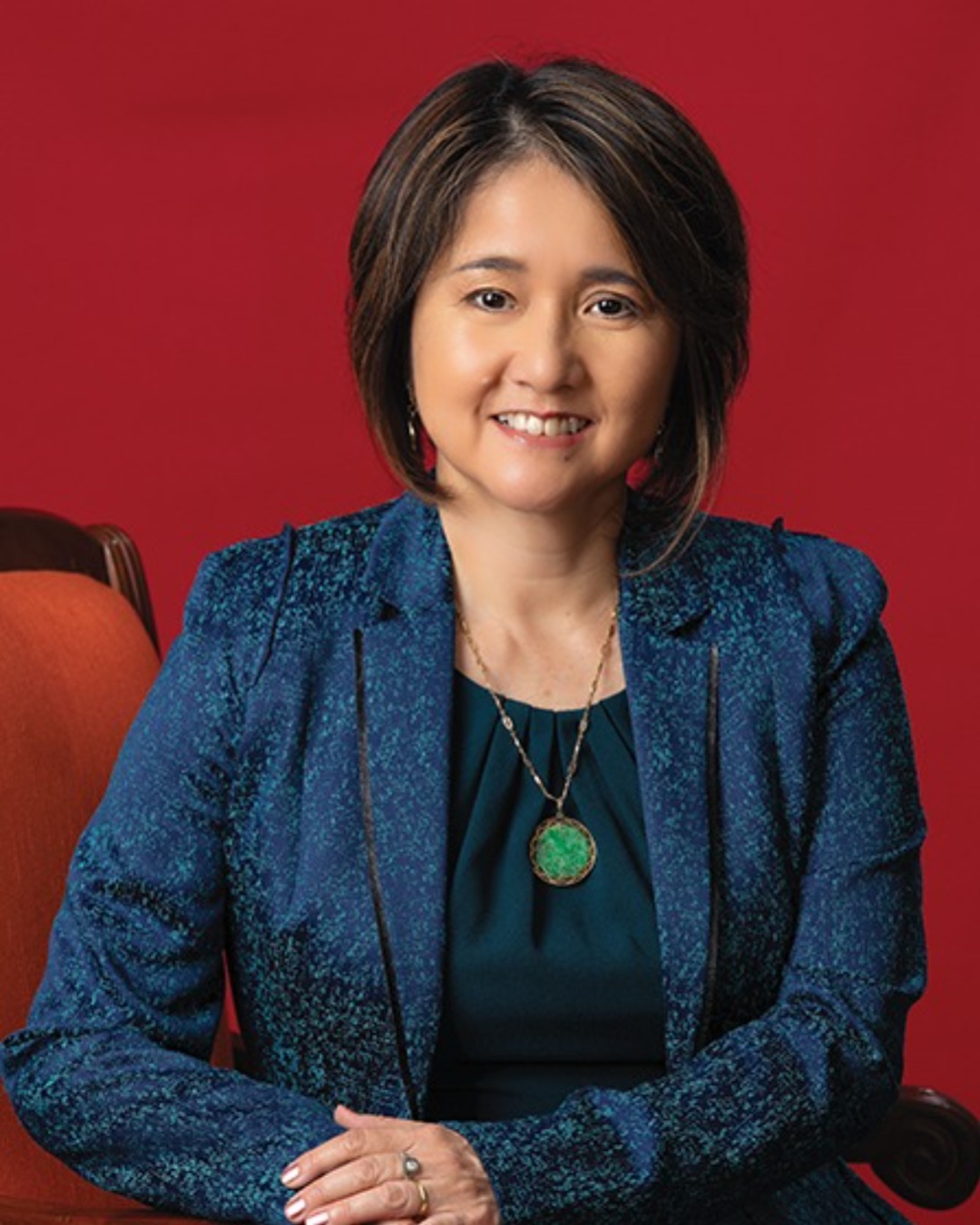THE HIERARCHY
Celebrating Women
Chiyo Kanda would like to see many more women playing leadership roles
 The World Bank’s Country Manager for Maldives and Sri Lanka Chiyo Kanda reveals a hard-hitting fact – viz. Sri Lanka’s women have the distinction of attaining one of the highest levels of secondary and tertiary education in South Asia.
The World Bank’s Country Manager for Maldives and Sri Lanka Chiyo Kanda reveals a hard-hitting fact – viz. Sri Lanka’s women have the distinction of attaining one of the highest levels of secondary and tertiary education in South Asia.
Yet, the country has one of the lowest female labour participation rates. What’s more, this rate has been declining since 2010. She cites an IMF report that estimates Sri Lanka’s economy forgoes 20 percent of its GDP on average due to fewer working women.
“In an ageing society like Sri Lanka, the contribution of women – not only those who are educated and skilled but all women – is essential for the country’s development. A growing and productive female workforce can boost Sri Lanka’s transition from a lower middle-income country to an upper middle-income nation and make a huge difference to the economic wellbeing of families,” she contends.
A World Bank report titled ‘Getting to Work: Unlocking Women’s Potential in Sri Lanka’s Labor Force (2020)’ examines these issues in more detail.
It discusses the mismatch between women’s chosen education streams and the requirements of the job market; the discrimination women face when being hired – especially in the private sector; and the wage disparities they have to endure compared to men in both the urban and rural job markets.
In a country where 51 percent of the population is female, women and girls should have choices – including the opportunity to make use of their skills, engage in work that fulfils their potential, and earn enough so as to be independent, she opines.
Recalling her own experience, Kanda reveals: “For my first job out of college, I was fortunate to find a company that treated new entrants equally. However, some clients – who were primarily male and middle-aged – didn’t take me seriously, at least on the first encounter.”
“As soon as they saw a young woman coming to a meeting, they thought I was only there to pass messages to male colleagues or a supervisor with whom they could finally talk business! I had to work hard – harder than my male colleagues – always with a smile and patience to convince them that I was as good as my male counterparts,” she adds.
On the importance of role models, Kanda explains: “There are some great examples such as [Chancellor] Angela Merkel and [Prime Minister] Jacinda Arden, who have led their countries effectively with empathy and compassion. In the US, Kamala Harris became the first woman Vice President. These examples help inspire girls to realise their aspirations.”
She goes on to say that “Justice Ruth Bader Ginsburg of the US Supreme Court – who unfortunately passed away last September – is another icon and a role model of mine.”
Kanda states: “She was the second woman to be appointed to the highest court in the US; and throughout her career, she fought for equal rights and opportunities for all, as well as against any discrimination based on sex including against men. And she managed this while balancing her work with her family life. Her commitment, determination and principled demeanour are a source of inspiration and courage.”
In Sri Lanka, much more needs to be done to have more women on the boards of companies, she avers. This includes “mentoring young women, supporting women in their role as the main caregivers of young children or ageing parents, encouraging men to be more engaged caregivers – or change their harmful behaviour towards women – and addressing women’s limited access to employment, credit, training and so on.”
And last but not least, Chiyo Kanda says: “Until the culture of accepting more females in leadership roles becomes a reality, conscious and continuous efforts will be needed, in order to encourage the appointment of more women to boards and management positions – by for instance, setting and monitoring targets, and recognising and rewarding progress.”




